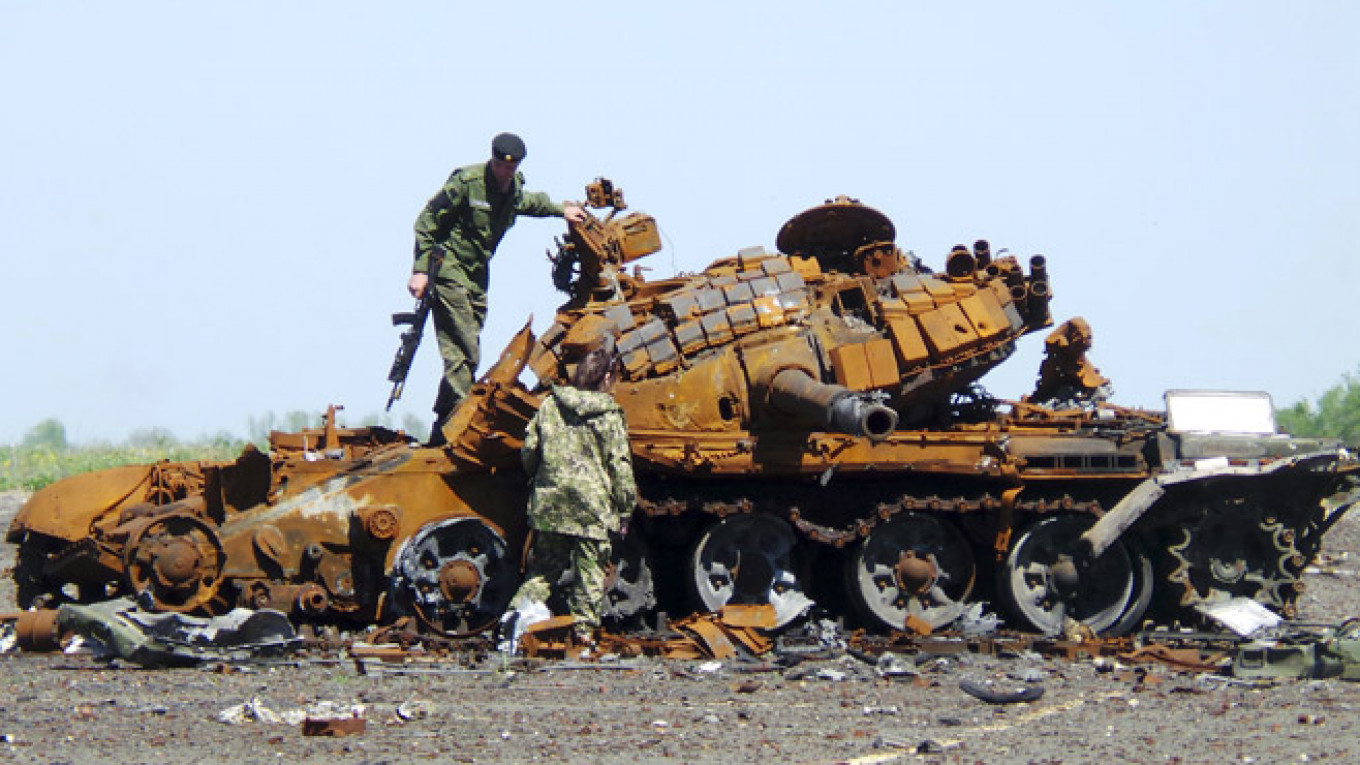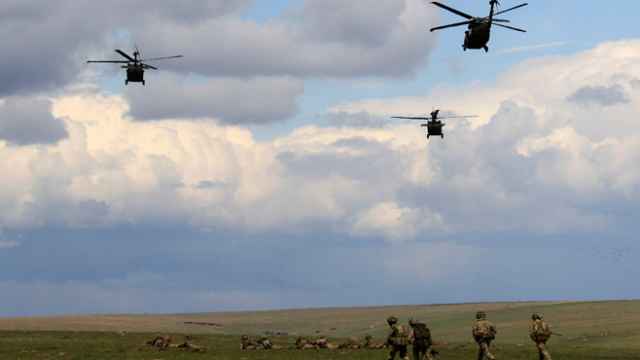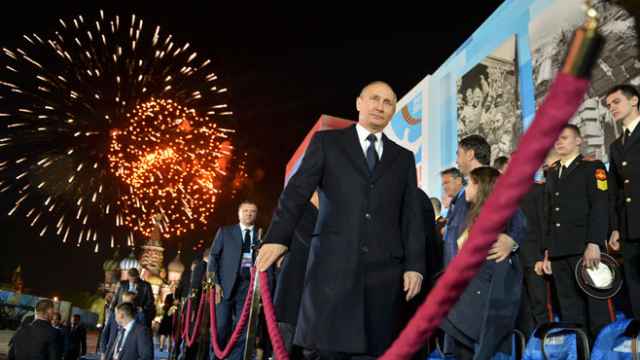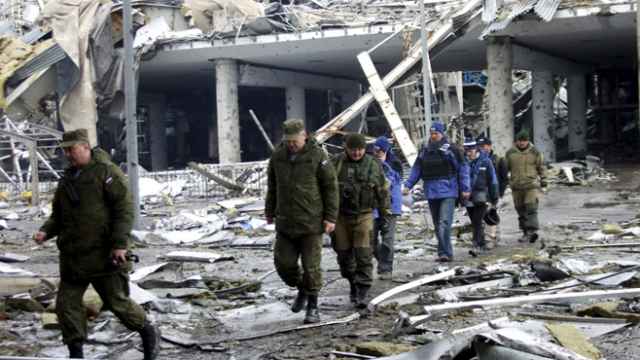The West has now engaged Moscow in a delicate diplomatic dance to reach a lasting political settlement in Ukraine.
The key is the right sequence of steps under the Minsk agreements to hold local elections in the separatist areas and negotiate their status within Ukraine, while providing Moscow with enough political cover to relinquish control over Ukraine's border.
Russia's strategy is to turn the Minsk agreements into the Dayton Accords by forcing upon Kiev a constitution written in Moscow that would federalize Ukraine to the point of being dysfunctional. This is the essence of the constitutional changes the separatists sent to Kiev on May 12.
Moscow wants Kiev first to grant a special status to the separatists with maximum autonomy within Ukraine and then allow them to hold an election under their own rules, with no Ukrainian political parties running. Another key demand is to enshrine a "non-aligned status" in Ukraine's new constitution.
Kiev puts the Minsk II sequence in reverse — ending Russian military support for the separatists, OSCE monitoring of the Russian-Ukrainian border, free local elections in Donetsk and Luhansk under the Ukrainian law and devolution of power to the new authorities under the decentralization provisions of the new Ukrainian constitution. This reading is backed by Washington, as U.S. Assistant Secretary of State Victoria Nuland made clear in Moscow.
Berlin and Paris support Kiev but are also concerned this could lead to a prolonged stalemate and a frozen conflict — a scenario, they suspect, welcomed by a Moscow that is waiting for Ukraine's economic collapse to produce a government which would return Kiev to Russian control.
The solution seems to be to hold Ukraine's local elections, scheduled for Oct. 25, in the separatist territories with all Ukrainian and local political forces participating under the OSCE election monitoring. The bet is that the "Oppositionist Bloc" led by former Yanukovych Chief of Staff Sergei Levochkin would win the election in the Donetsk and Luhansk regions, an outcome acceptable to Kiev and Moscow and restoring Ukraine's sovereignty.
The Kremlin is still livid. If it is to trade its failing Donbass venture, it wants something else in the equation — recognition of Russian claims to Crimea.
Here's where Washington comes in — it could persuade Kiev to trade Crimea for the Donbass and Russia's reconstruction aid. It's a small price to pay for peace.
Vladimir Frolov is president of LEFF Group, a government relations and PR company.
A Message from The Moscow Times:
Dear readers,
We are facing unprecedented challenges. Russia's Prosecutor General's Office has designated The Moscow Times as an "undesirable" organization, criminalizing our work and putting our staff at risk of prosecution. This follows our earlier unjust labeling as a "foreign agent."
These actions are direct attempts to silence independent journalism in Russia. The authorities claim our work "discredits the decisions of the Russian leadership." We see things differently: we strive to provide accurate, unbiased reporting on Russia.
We, the journalists of The Moscow Times, refuse to be silenced. But to continue our work, we need your help.
Your support, no matter how small, makes a world of difference. If you can, please support us monthly starting from just $2. It's quick to set up, and every contribution makes a significant impact.
By supporting The Moscow Times, you're defending open, independent journalism in the face of repression. Thank you for standing with us.
Remind me later.








